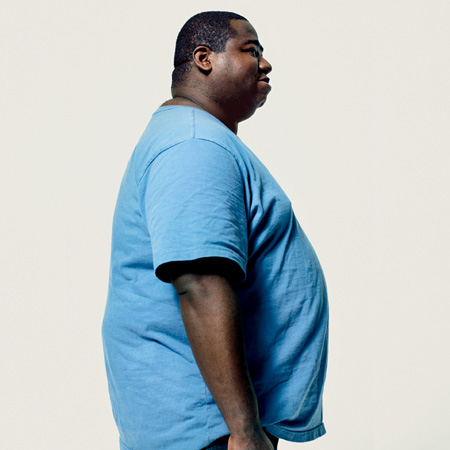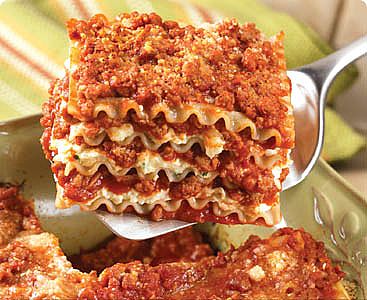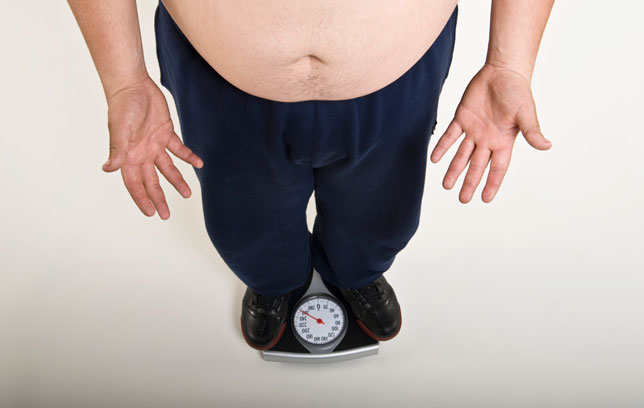TNT Diet: Frequently Asked Questions
How come you don't tell us to limit saturated fat?
Simple: Saturated fat isn't unhealthy, particularly on a low-carb diet. Yes, this is hard to believe, but consider: 50 years ago the diet-heart hypothesis was created. This suggested that fat intake, and particularly, saturated fat intake, led to heart disease. Well guess what? Five decades later, it's still a hypothesis--meaning, it's never been proven, despite the fact that it's "common knowledge." We have an entire chapter in the TNT Diet dedicated to this topic, but for now, you can find the short version here.
I just started the diet and I feel lousy. Is this normal?
Yes. The first week or two on Plan A may be a little difficult. Your body has to adapt to burning fat as its main energy source. For most people, this is a major change because they're accustomed--some would even say addicted--to using carbohydrates to fuel their body.
You may be irritable, cranky, and even tired for a few days. But as you grow accustomed to this new diet, you'll return to your loveable self quickly. Within a couple of weeks, guys following Plan A almost always report having higher and more consistent energy levels than they did before they started the program. In fact, many TNT veterans claim that they need less sleep when eating this way. If the change from your normal diet is a particularly drastic one, you may also experience a bit of nausea and gastrointestinal distress, such as diarrhea. However, within a few days, we can assure you that your stomach will feel great, and your plumbing will be working normally again. And as long as you stick to the guidelines of Plan A, any cravings for carbs will soon disappear as well. You'll actually be more in tune with your body's true hunger signals, as opposed to being a slave to the cravings that are triggered by the typical high-carb "sugar rush," followed the inevitable "sugar crash." On Plan A, you'll be immune to these highs and lows while you're humming along in your new fat-burning mode.
A quick tip: You can make the transition easier by making sure you're eating plenty of calories and fat, and drinking enough water. So don't restrict food or fat (forget about low-fat foods), and try to drink 8-12 ounces of water for every 2 hours that you're awake.
What's the difference between whey protein and casein protein?
Although both proteins are high-quality--meaning they contain all of the essential amino acids needed to build muscle--they're each processed differently by your body. Whey is known as a "fast protein," meaning it's quickly broken down into amino acids and absorbed into your blood stream. This allows the amino acids to be delivered to your muscles for immediate use. For this reason, it's a very good protein to consume after your workout, when your body's ability to build and repair muscle is at its highest. Casein, on the other hand, is digested more slowly. So it's ideal for providing your body with a steady supply of smaller amounts of protein for a longer period of time. As a result, it's a great choice for before you go to bed. For most purposes, both proteins will provide a similar overall benefit--so you're in great shape either way. However, if you're interested in trying to optimize your protein intake, you might consider a whey-casein blend, which gives you the benefits of both proteins.
-
Can Green Tea Help You Lose Weight?
Most of us have seen the headlines: Green tea blasts away fat! But bef
-
Is This Sugar Making You Fat?
You’ve heard the claims that sugar is detrimental to your diet, but is
-
7 SIMPLE Ways to Cut Calories (without trying!)
It’s easy to lose weight. Eat less than you burn.
-
Belly Off: Running Weight Loss Success Story
NAME: Michael Young HOME: Laguna Niguel, CA
-
Are You Normal?
Do you know what the ‘normal’ weight gain is during the holiday season
-
How a Fat Nation Can Slim Down:
At an all-you-can-eat Italian buffet in upstate New York, the feature
- DON'T MISS
- Weight Loss: Abs Diet Circuit Sequel Workout
- 7 Must Have Foods in Your Pantry
- Shed Your Spare Tire
- Transformation: Better Body Exercise Plan
- Less Sleep = MORE Weight
- How Your Body Stores Fat:
- Rewire Your Brain
- Countdown to a Lean Belly
- 5 Easy Ways to Rev Up Your Metabolism
- Abs Diet: Healthy Meat Choices




